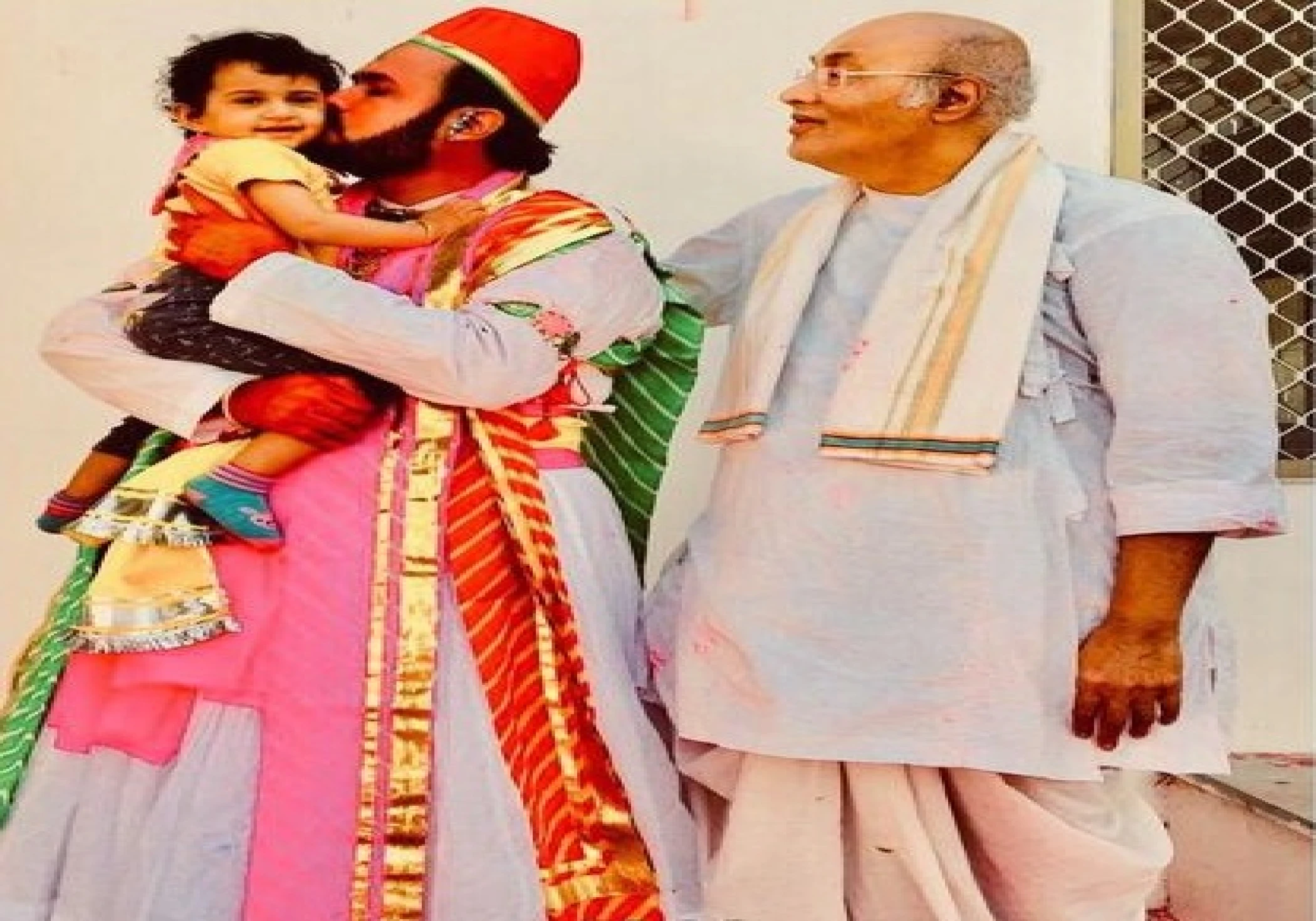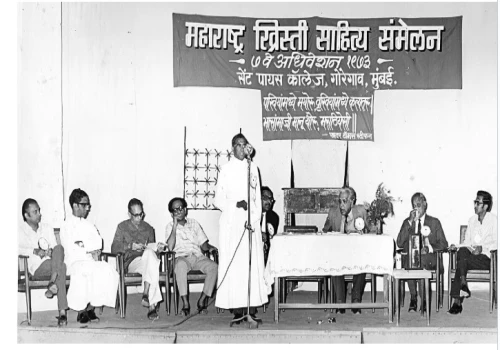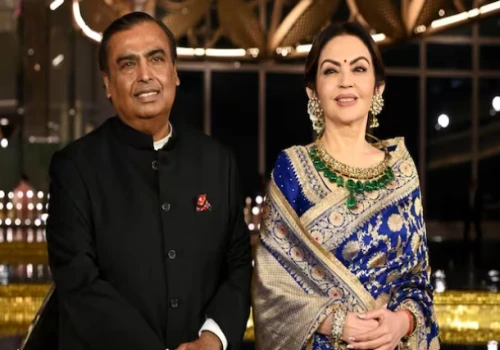
The confluence of faith, social responsibility, and a balanced existence emerges as a bright light of hope and purpose in a world that often appears fragmented and unconnected. As society faces new challenges, the message of inspiring change becomes more important. This essay dives into the tremendous influence of integrating these three pillars and shines light on how they might lead people to a more fulfilling and harmonious existence.
Religion has traditionally served as a compass for humans, providing solace, knowledge, and moral guidance. Instilling religious beliefs in our life gives a stable foundation for personal development and moral clarity. It teaches us the value of empathy, compassion, and respect for all living things. We gain inner strength and purpose by embracing the teachings of our separate faiths, cultivating a profound relationship with our spiritual convictions.
Our responsibility extends beyond personal convictions to the general well-being of society. Social responsibility requires actively connecting with our surroundings and attempting to make a positive difference. It inspires us to help those in need, support social causes, and promote inclusivity. Recognising our connectivity allows us to see how the well-being of others is inextricably linked to our own. We encourage change on a larger scale by performing acts of compassion and service.
Balance is essential in the quest of a fulfilling life. Integrating religion and social responsibilities should not jeopardise our personal well-being. A balanced existence requires achieving equilibrium in all areas of one's life: physical, emotional, cerebral, and spiritual. It entails prioritising self-care, cultivating good relationships, effectively managing duties, and supporting personal growth. We may live lives that are not just influential but also peaceful and sustainable if we strive for balance.
In a world that frequently isolates religion from social responsibility and personal well-being, integrating these three pillars may appear overwhelming. The ultimate power, however, rests exactly in this integration. We can construct a tapestry of purpose and meaning by recognising the underlying interconnectivity of these qualities. It necessitates accepting change, challenging established standards, and examining our own biases. It entails participating in talks that bridge the barriers across religious communities, different cultures, and generations.
In an era when disagreement and discord often eclipse togetherness, the message of merging religion, social duty, and a healthy life rings loud and clear. It serves as a reminder that we all have the power to design a better future, individually and collectively. By instilling Christian principles in our daily lives, actively participating in social causes, and seeking balance, we become good change agents. This integration allows us to build a world that values compassion, justice, and peace.
As Goswami Vishal Nathdwara beautifully encapsulates, the integration of religion, social responsibility, and a balanced life becomes a transformative force that inspires change. It is a journey that demands introspection, commitment, and a willingness to evolve. By embracing this message, we can rediscover our purpose, contribute meaningfully to society, and lead lives that are rooted in compassion, responsibility, and personal fulfillment. Let us embark on this path together, inspiring change and forging a brighter future for all.
Goswami Vishal Nathdwara was born in the Indian state of Uttar Pradesh. He is the son of Goswami Tilakayat Shri Rakeshji Maharaj, the first direct descendant of Shri Vallabhacharya, the senior pontiff of the Shrinathji Temple in Nathdwara, Rajasthan. Goswami Vishal Nathdwara has also authored a book named 'The Adorable Shrinathji' Originally designed as a children's bedtime book. He plays an important role in improving the condition of Shrinathji's gaushalas that are spread across Mewad and function as a vital part of daily seva.











